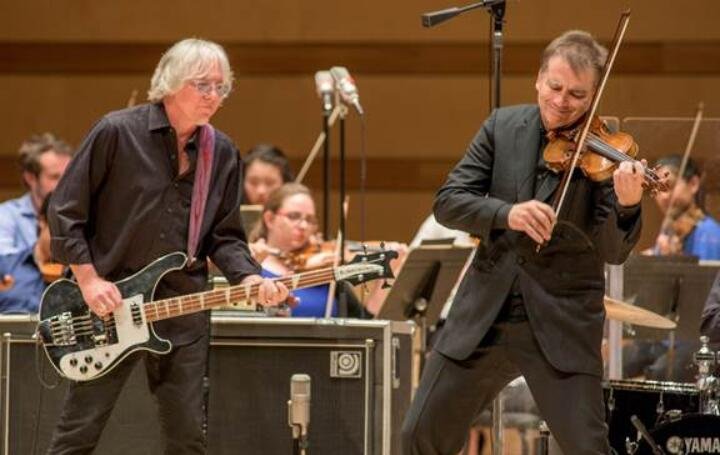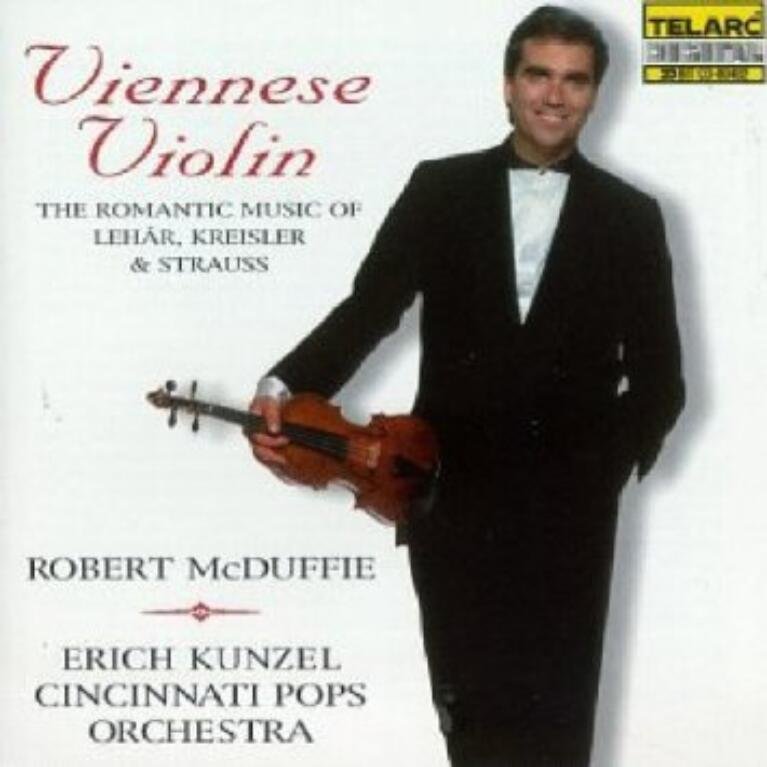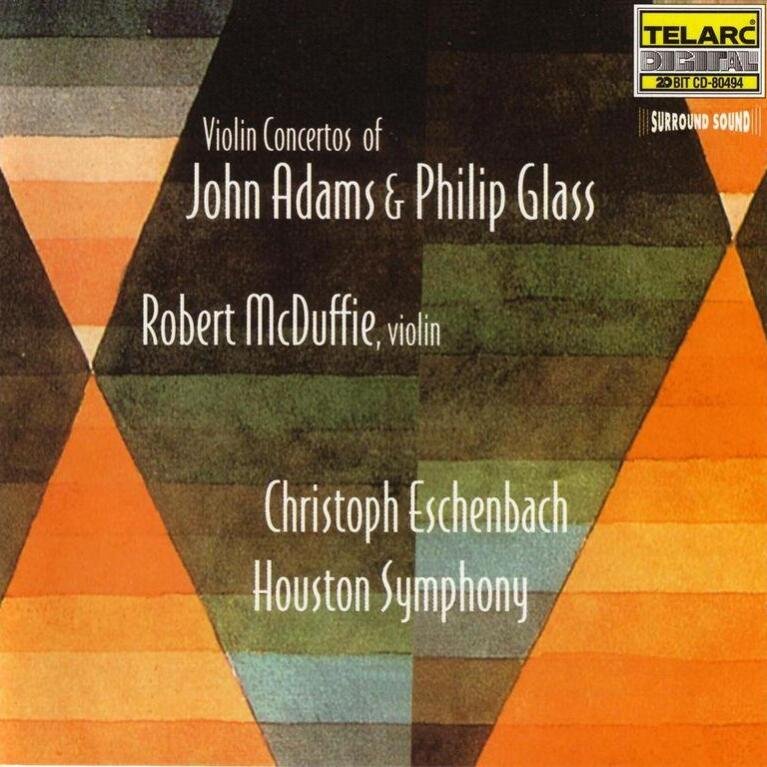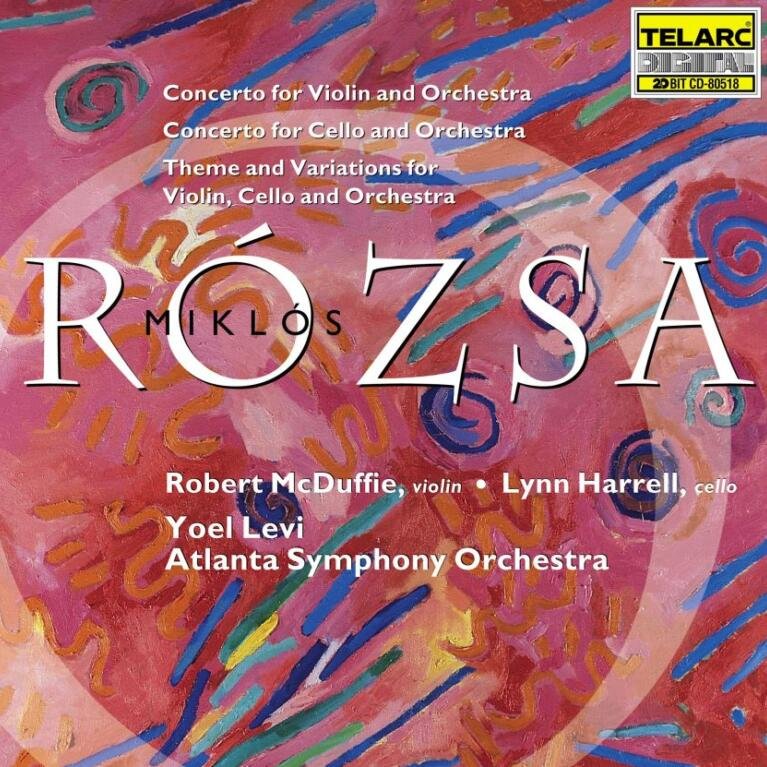“Melody is Mr. Mills’s strong suit, and he has filled his work with bluesy themes, propulsive figures and ear-catching riffs. ... Much of the work’s charm is in its virtuosic solo music, to which Mr. McDuffie brings the same energy, verve and warmth of tone that you hear on his recordings of concertos by Samuel Barber, Philip Glass and John Adams. ... The disc is a calling card for the McDuffie Center for Strings, Mr. McDuffie’s training institute at the Townsend School of Music at Mercer University in Macon, Ga. Both the Mills and one of the two companion works, Philip Glass’s Symphony No. 3 (1995), are given impeccably polished, shapely readings by the MCS Ensemble, led by Ward Stare, the music director of the Rochester Philharmonic Orchestra. Between the orchestral works, Mr. McDuffie and the pianist Elizabeth Pridgen collaborate on an alternately humorous and soulful account of John Adams’s “Road Movies” (1995).”










